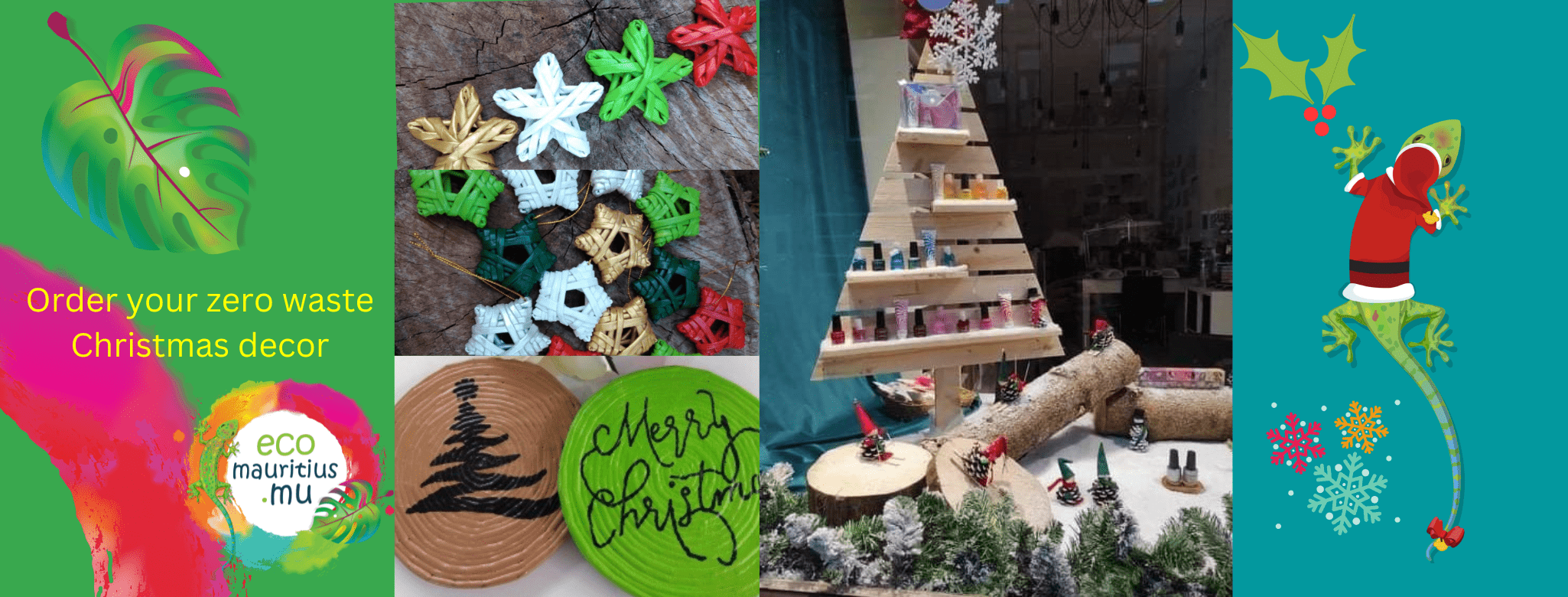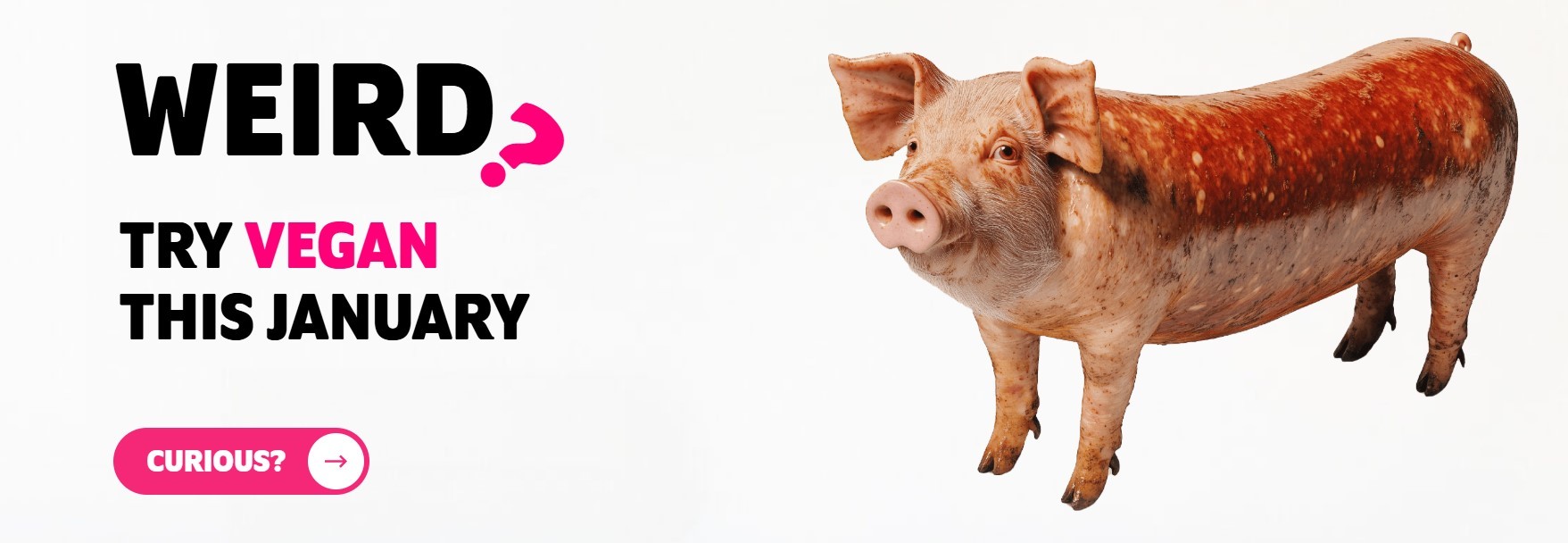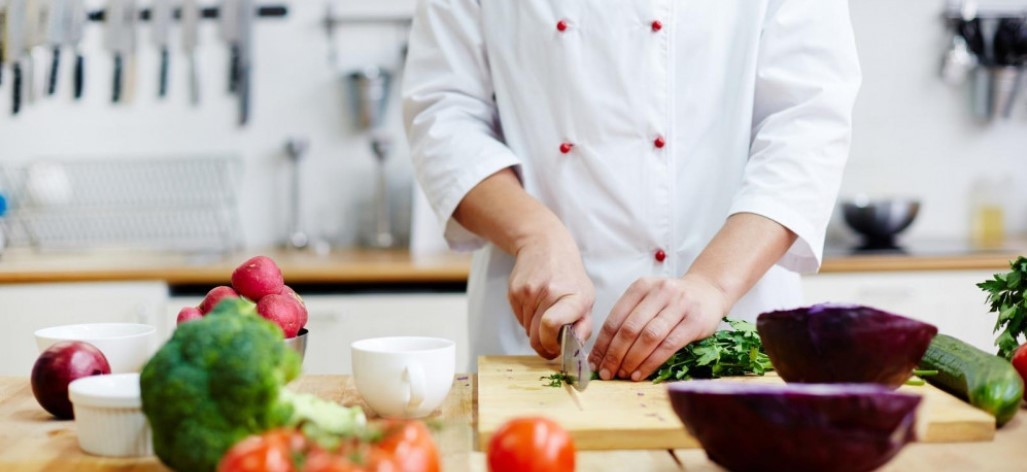
Wondering how to have a celebration that won’t “cost the earth”?
As we prepare to celebrate in the shadow of the global pandemic, this Christmas is set to be one like no other. But with the focus on COVID-19, the need to be kinder to the planet has sometimes been lost.
Nonetheless, with three days of Christmas festivities creating a whopping 650kg of CO2 per person (5.5 per cent of our yearly carbon footprint)1, one of the best things you can do is try to make this year’s festive season more environmentally friendly.
“We’ve seen a big increase in awareness of single-use plastic for the rest of the year, but we don’t tend to be so aware of plastic used for packaging, toys and other Christmas items,” says Jen Gale, author of The Sustainable(ish) Living Guide, Everything you need to know to make small changes that make a big difference (Green Tree), “Yet the volumes of waste generated and the resources that go into those are phenomenal.”
She admits, “It can be tricky because there’s wider family and friends to consider who may not be on the same page. It can be hard to push back against it all without feeling Scrooge-y or worrying about being judged.”
But with a little mindful thought it can be done. “The secret is to think about what you want Christmas to mean. Ask yourself what memories you want to create. Do you want it to be about endless stuff or about a meaningful experience?” says Jen.
Here are some things to consider.
The Christmas tree
For many, Christmas isn’t complete without a Christmas tree. But what’s the most sustainable option? Artificial might seem the answer, but according to the Carbon Trust, you would need to reuse an artificial tree for around ten years to achieve a lower carbon footprint than the real thing.
“If you’ve already got an artificial tree, use it over and over until it falls apart,” advises Jen. For a real tree, buy a rooted one in a pot that you can plant outside after Christmas or look out for local farms where you can cut your own and recycle afterwards.
Christmas cards
Although increasing numbers of us are into online cards, we still send around a billion physical Christmas cards a year, according to the Greeting Cards Association – raising around £50million for charity in the process.2 It would be a shame to eliminate cards, particularly as charities have been hit hard by the pandemic, so if you want to send your greetings with less hurt to the planet, there are ways.
Look for cards with the FSC (Forest Stewardship Council) mark, which shows they have been produced sustainably and ethically. Or why not send a plantable card embedded with flower seeds to brighten someone’s garden?
Recycle or compost cards you have received, cut off the picture and save for next year to make new cards, or cut up and use as gift tags or decorations. Steer clear of cards covered in glitter: they can’t be recycled.
Christmas presents
Could you give less? Do the adults in the family really need a present or a stocking? Remember, says Jen, “Money spent is in effect a vote for the sort of world you want to live in.
“Don’t vote for mass-produced tat; vote for local, Fairtrade, organic, handmade and sustainably sourced.” Try making presents and consider buying second-hand.
The Carbon Trust advises that we shouldn’t buy anything that we suspect won’t get used or will be thrown away. Using local independent shops can help, and is a way to support hard-hit local businesses this year.
Other alternatives include giving a donation to a charity or buying a charity gift.
Alternatively, give an experience.
Want to give a toy? Check out offers which are a more affordable and sustainable way to play. Kids or grandkids get to keep the toys for as long as they want, and there are many to choose from.
Wrapping paper
Every year in the UK we discard the equivalent of 108 million rolls of wrapping paper at Christmas. If you’re wrapping presents, reuse old wrapping paper or get imaginative with brown paper, old newspapers or magazines, suggests Jan.
Again, steer clear of shiny or glittery wrapping paper that can’t be recycled. Or why not take a tip from the Japanese and wrap in a square piece of cloth or fabric (Furoshiki)?
Christmas dinner
A traditional Christmas turkey dinner complete with trimmings emits 23.5kg of carbon emissions, more than twice that of a vegan nut roast, which emits just 9.5kg.
It’s estimated that if 85 per cent of us opted for a plant-based meal, 131 million kg of carbon emissions would be saved – equivalent to driving 438 million miles.
Avoid overheating the oven and turn it off afterwards, make use of leftovers and compost waste.
As for the Christmas booze, check out your local brewery or vineyard, and choose organic. Wine is the most eco-friendly tipple and, although connoisseurs might baulk – boxed is best. If that offends your sensibilities, make sure you recycle those bottles.
HAPPY CHRISTMAS!
By Patsy Westcott

More ideas include:
- Eat with the season – eat you locally grown, pesticide free food. Go vegan if you can.
- Cut bank on festive food waste. To create a food system that can feed our growing population, whilst reducing greenhouse gas emissions and protecting natural resources, we must take food waste into account. Let’s make the most of our leftovers and reduce food waste at home this Christmas time.
- Make your own decorations (Google and Youtube have plenty of ideas for the basic to sophisticated designs).








